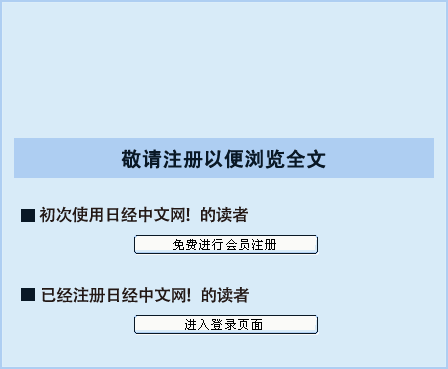歐巴馬廣島演講全文(英語)
2016/05/28
Mere words cannot give voice to such suffering. But we have a shared responsibility to look directly into the eye of history and ask what we must do differently to curb such suffering again.
Some day the voices of the Hibakusha will no longer be with us to bear witness. But the memory of the morning of August 6, 1945 must never fade. That memory allows us to fight complacency. It fuels our moral imagination, it allows us to change.
And since that fateful day we have made choices that give us hope. The United States and Japan forged not only an alliance, but a friendship that has won far more for our people that we can ever claim through war.
The nations of Europe built a union that replaced battlefields with bonds of commerce and democracy. Oppressed peoples and nations won liberation. An international community established institutions and treaties that worked to avoid war and aspired to restrict and roll back and ultimately eliminate the existence of nuclear weapons.
Still, every act of aggression between nations, every act of terror and corruption and cruelty and oppression that we see around the world shows our work is never done. We may not be able to eliminate man’s capacity to do evil, so nations and the alliances that we formed must possess the means to defend ourselves.
Among those nations like my own that hold nuclear stockpiles, we must have the courage to escape the logic of fear and pursue a world without them. We may not realize this goal in my lifetime, but persistent effort can roll back the possibility of catastrophe.
We can chart a course that leads to the destruction of these stockpiles, we can stop the spread to new nations, and secure deadly materials from fanatics. And yet that is not enough, for we see around the world today how even the crudest rifles and barrel bombs can serve up violence on a terrible scale.
We must change our mindset about war itself -- to prevent conflicts through diplomacy and strive to end conflicts after they’ve begun; to see our growing interdependence as a cause for peaceful cooperation and not violent competition; to define our nations not by our capacity to destroy but by what we build. And perhaps above all we must reimagine our connection to one another as members of one human race -- for this too is what makes our species unique.
We’re not bound by genetic code to repeat the mistakes of the past. We can learn. We can choose. We can tell our children a different story, one that describes a common humanity, one that makes war less likely and cruelty less easily accepted.
We see these stories in the Hibakusha: the woman who forgave a pilot who flew the plane that dropped the atomic bomb because she recognized what she really hated was war itself; the man who sought out families of Americans killed here because he believed their loss was equal to his own.
My own nation’s story began with simple words: 」All men are created equal, and endowed by our Creator with certain unalienable rights, including life, liberty and the pursuit of happiness.」
Realizing that ideal has never been easy, even within our own borders, even among our own citizens. But staying true to that story is worth the effort. It is an ideal to be strived for, an ideal that extends across continents and across oceans.
版權聲明:日本經濟新聞社版權所有,未經授權不得轉載或部分複製,違者必究。
報道評論
HotNews
金融市場
| 日經225指數 | 56806.41 | -135.56 | 02/16 | close |
| 日經亞洲300i | 2688.31 | 6.51 | 02/16 | close |
| 美元/日元 | 153.36 | -0.03 | 02/17 | 00:36 |
| 美元/人民元 | 6.9077 | 0.0000 | 02/15 | 23:57 |
| 道瓊斯指數 | 49500.93 | 48.95 | 02/13 | close |
| 富時100 | 10478.030 | 31.680 | 02/16 | 15:25 |
| 上海綜合 | 4082.0726 | -51.9451 | 02/13 | close |
| 恒生指數 | 26705.94 | 138.82 | 02/16 | close |
| 紐約黃金 | 5022.0 | 98.3 | 02/13 | close |







